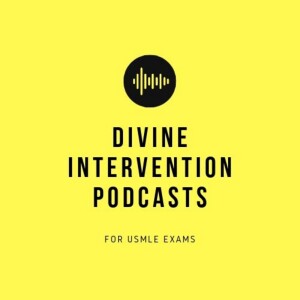

The psychology of anger: its expressive drive. Anger acknowledges that it is self-defeating, and wants that acknowledgment to be expressive. "The fact that I am angry, when I know that self-restraint and not anger will command the respect I am justly owed, shows how angry I am at the injustice of the disrespect my anger aggravates." Anger as a social mode, a communicative relationship between people: so Homer always represents it as occurring within societies: Achaian, Trojan, Ol...
The psychology of anger: its expressive drive. Anger acknowledges that it is self-defeating, and wants that acknowledgment to be expressive. "The fact that I am angry, when I know that self-restraint and not anger will command the respect I am justly owed, shows how angry I am at the injustice of the disrespect my anger aggravates." Anger as a social mode, a communicative relationship between people: so Homer always represents it as occurring within societies: Achaian, Trojan, Olympian. So that Achilleus's anger at Hektor, his refusal to treat with him, is itself a modality of social interaction, disguised as the rejection of social interaction. Hence the acceptance of Priam's supplication, and Blanchot's "parole sublime": "Now you and I must remember our supper" (24.601).
View more
Comments (3)
More Episodes
All Episodes>>You may also like
Create Your Podcast In Minutes
- Full-featured podcast site
- Unlimited storage and bandwidth
- Comprehensive podcast stats
- Distribute to Apple Podcasts, Spotify, and more
- Make money with your podcast
It is Free












